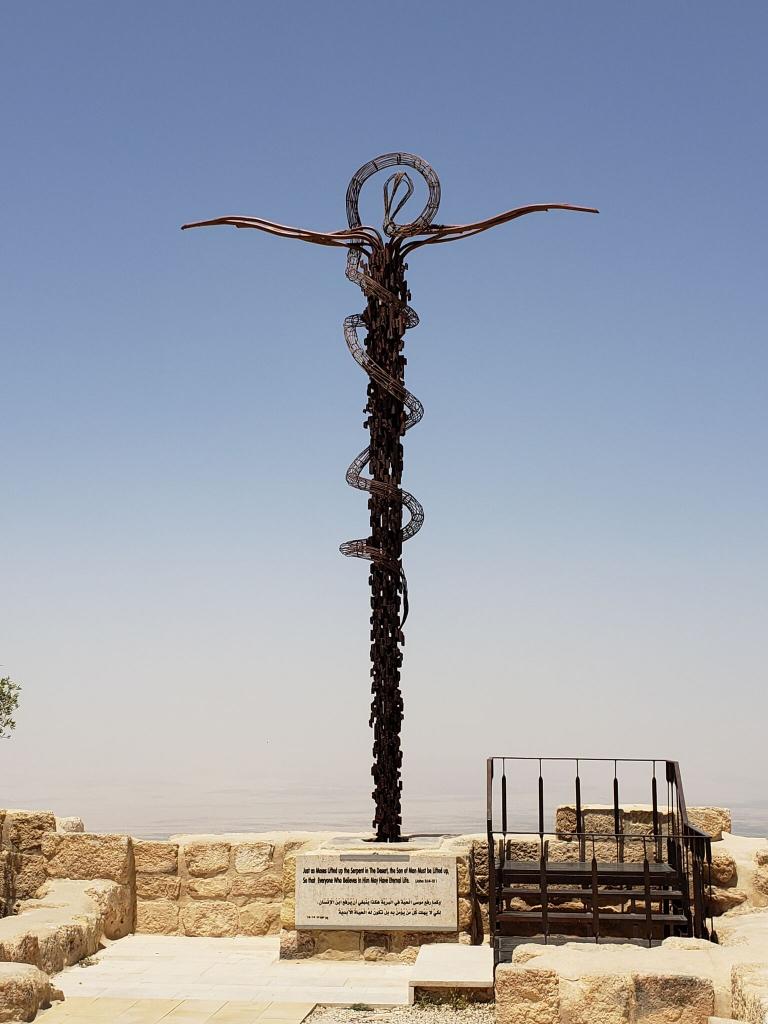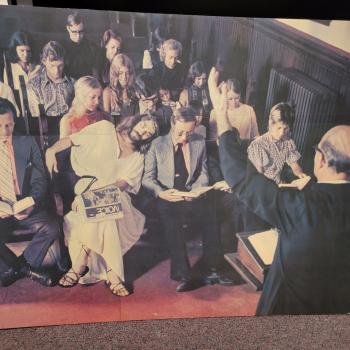There has been a lot of talk of late in my church, the UMC, about schism. How it is a sin, etc. etc. etc. This talk has usually come up in conjunction with the discussion of the ironically titled One Church Plan to resolve our difficulties, which rather than resolving them devolves them down to the Conference and local church level. So, perhaps it would be useful to talk about what the term schism actually means, theologically and ethically speaking. First, a little historical perspective.
Denominationalism is a post-Reformation notion, largely conjured up by the Protestant movement. It is not a Biblical idea, nor will you find its equivalent in the literature of the early Church Fathers. And when there has been talk about schism in the early church (for instance when the Orthodox and Catholic traditions went their separate ways), the issues were mainly theological (the filoque clause), rather than ethical by and large.
Schism was, and is caused, when one group within a church decides that it can no longer adhere to the orthodoxy or orthopraxy that is the de facto official position of a church. On this showing, those who are advocates for gay marriage and the ordination of self-avowed, openly gay persons would be the persons creating the schism today in the UMC. They simply refuse to accept what the Bible says about the nature of marriage and appropriate sexual behavior for various reasons, and as a result refuse to accept what the UMC Discipline says on these same matters.
Schism is not created in the Body of Christ when one individual or even one group of devout practicing Christians decides to leave a particular denomination and join another one or even form another ‘denomination’ within the body of Christ. Schism has to do with departing from the body of Christ writ large in some significant way. It has to do with disputing or rejecting the historic and Biblical teaching of the Bible and the Church (Protestant, Catholic, and Orthodox) on some theological or ethical matter of consequence. And indeed…. that is a sin. Changing denominational affiliations or starting a denomination is not a sin, nor does it constitute schism.
Schism is caused by heresy, whether it is caused by aberrant theology or aberrant ethics. And let’s be clear— in regard to the world wide body of Christ, Catholic, Orthodox, and Protestant, only a small minority of clergy or laity think a change in the definition of marriage and what counts as appropriate sexual behavior is called for and within the bounds of sound Christian theology and ethics. It is, frankly, only the progressive minority of Protestants and a few others in the West that are strong advocates for such a seismic shift in traditional belief and practice.
Put another way, a particular denominational subset of the body of Christ, does not constitute the body of Christ writ large, and the shifting of practicing Christians from one denomination to another, denominations that are still part of the body of Christ and are upholding orthodoxy and orthopraxy is simply not schism, or schismatic. It is sheep shift—- that’s all.
Our discussions of the three plans before us to be discussed next February 2019 should be done on the basis of what it actually means to affirm, one Lord, one faith…. and the other ones mentioned in Ephesians, and what it does not mean.


















